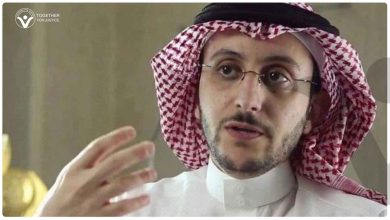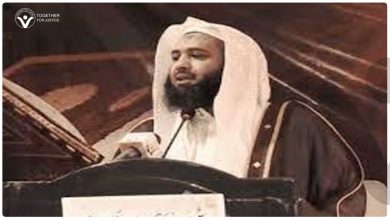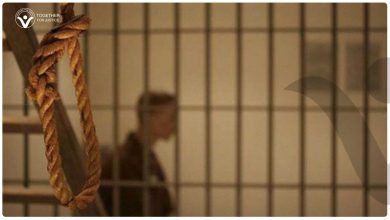Six Years of Arbitrary Detention: Justice for Saudi Activist Naif Al-Hindas

For nearly six years, Saudi political activist and human rights defender Naif Al-Hindas has been detained without trial or clear legal status, in a blatant violation of his fundamental rights. Arrested in April 2019 from his home in Khobar during a sweeping crackdown on activists, Al-Hindas has since been held in Dammam’s General Investigation Prison under harsh conditions and without due process.
Born on June 29, 1991, Al-Hindas is known for his advocacy for human rights, particularly women’s rights, and his outspoken support for political reform. As a writer and translator, he used his voice to highlight critical issues and promote justice. Yet, for these peaceful efforts, he was met with accusations fabricated by Saudi authorities, including incitement against the ruling regime, connections with hostile entities, and alleged ties to the Muslim Brotherhood. These baseless charges serve as a tool for silencing dissent and suppressing critical voices.
Since his arrest, Al-Hindas has endured numerous human rights violations. He has been subjected to mistreatment, medical neglect, and restricted communication with his family. He has also been denied access to legal representation, further undermining his ability to defend himself in proceedings overseen by the Specialized Criminal Court—a body often criticized for its lack of independence and use as an instrument of repression.
Al-Hindas’s ongoing detention is emblematic of Saudi Arabia’s systematic targeting of political activists, intellectuals, and peaceful critics. His case highlights the misuse of the country’s legal system to legitimize human rights violations. Domestically, his treatment violates the Saudi Code of Criminal Procedure, which guarantees detainees the right to legal counsel and prohibits arbitrary detention.
Internationally, Saudi Arabia’s actions breach key human rights treaties and principles. The Universal Declaration of Human Rights protects freedom of expression under Article 19 and prohibits arbitrary detention under Article 9. Moreover, Saudi Arabia’s membership in the United Nations obliges it to uphold these standards and foster an environment that respects fundamental freedoms.
Despite official claims of reform and modernization, the continued imprisonment of Al-Hindas and others like him exposes the reality of a regime that prioritizes control over progress. The targeting of activists for exercising their right to free expression is not only an affront to justice but also a clear signal of the kingdom’s disregard for its obligations under international law.
We call on Saudi authorities to immediately and unconditionally release Naif Al-Hindas and all political detainees, activists, and prisoners of conscience. It is imperative to end the misuse of legal tools for political purposes and to ensure fair and transparent judicial processes. Furthermore, those responsible for the mistreatment and arbitrary detention of individuals must be held accountable.
The case of Naif Al-Hindas is not an isolated incident; it is a reflection of the broader repression of voices advocating for justice and reform. His release, and the release of all those detained for peaceful activism, is essential for the future of human rights and freedom in Saudi Arabia. Justice delayed is justice denied—freedom for Naif Al-Hindas is long overdue.




